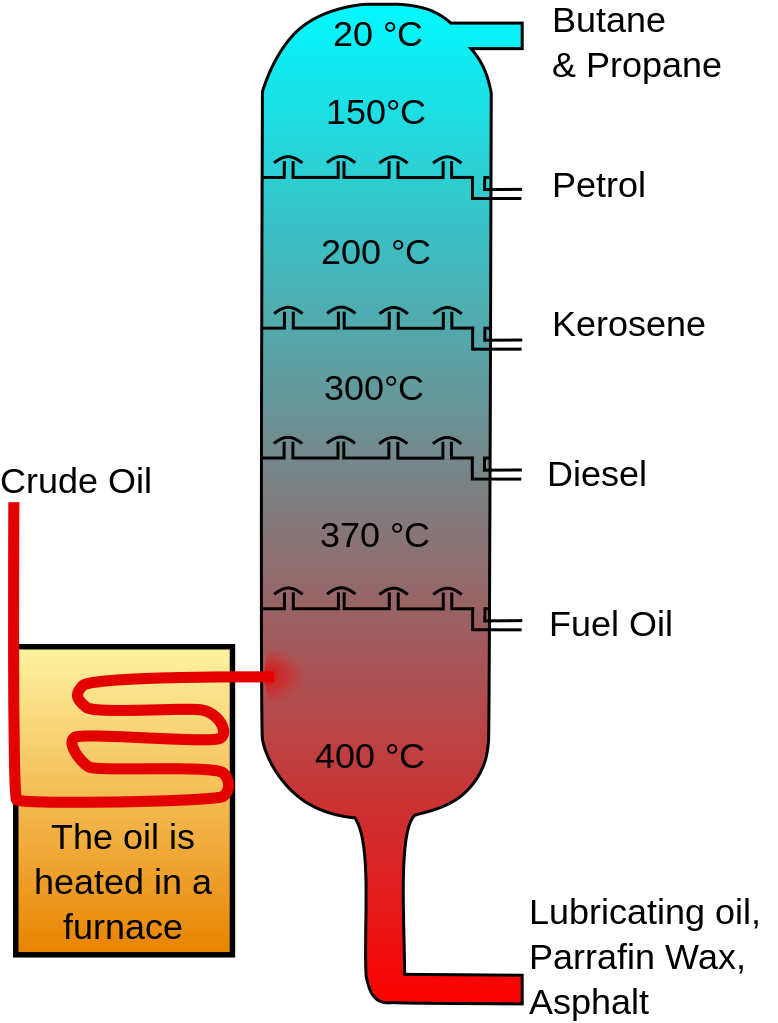EJDeBrun
Well-Known Member
- Joined
- Oct 11, 2016
- Messages
- 370
So I need some help in my WIP. I'm terrible at chemistry, but I need some good ideas on how to make a home made, napalm-like bomb. Molotav cocktail. Something along that nature. If anyone could lend me their knowledge, I would much appreciate it!
Also if anyone has a really good idea of how chemist test for chemicals or refine things, that would also help! They have access to glass, water and contained fires.
Context: Oceanic planet. The alien natives have battery technology, I'm considering sodium-sulfur. There are also chemical powders, but I'm not sure which ones would be best to use. One of those "powders" could be forms of salt or sugars.
The chemical mix will be contained in glass and flung at high speeds to shatter upon targets.
I'm sorry if this isn't very clear! All help and ideas appreciated! Thanks in advance!
Also if anyone has a really good idea of how chemist test for chemicals or refine things, that would also help! They have access to glass, water and contained fires.
Context: Oceanic planet. The alien natives have battery technology, I'm considering sodium-sulfur. There are also chemical powders, but I'm not sure which ones would be best to use. One of those "powders" could be forms of salt or sugars.
The chemical mix will be contained in glass and flung at high speeds to shatter upon targets.
I'm sorry if this isn't very clear! All help and ideas appreciated! Thanks in advance!


